Italy at the forefront of nature-inclusive revolution
Italy has embraced sustainable agriculture as a key driver in preserving its environment and biodiversity. Through the intertwining of organic farming, integrated agriculture, high-tech solutions and nature-inclusive practices, it is pioneering a transformative shift from conventional agricultural methods.
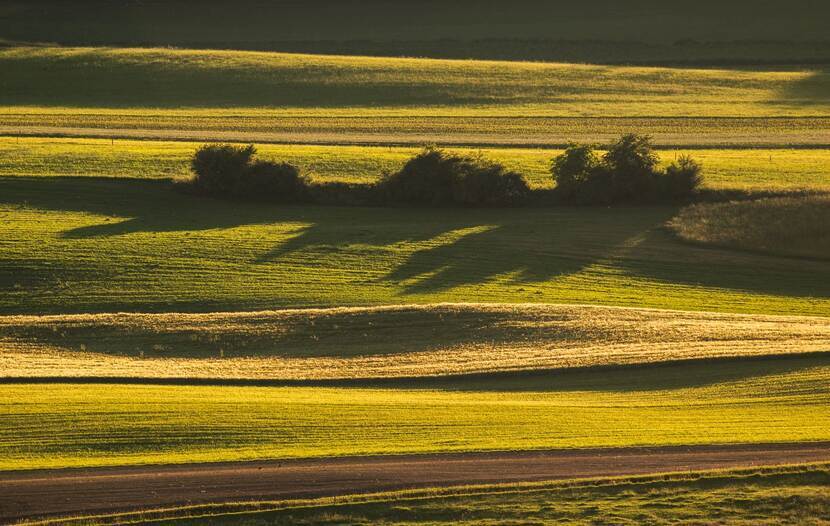
Italy has the highest degree of biodiversity in Europe: it accounts for 1/30 of the entire European surface, boasting 5.600 plant species (50% of the European total), and more than 57.000 animal species (30% of the European continent), with significant amounts of exclusively endemic species, including both plants (15%) and animals (52%).
Almost 37% of the territory is covered by forests. Protected areas - including all national and regional parks and reserves- represent 22% of the national surface, and more than half of Italian municipalities host such areas within their municipality borders, with an almost unique combination of natural and urban areas. Important Plant Areas (IPA) represent 15% of the national territory, whereas Important Faunal Areas (IFA) cover a whopping 46% of the total surface. It is an asset that needs care and protection. Even more so if you consider that 45% of vertebrate species, 15% of higher plants, 40% of lower plants and 30% of the natural environment - mainly linked to marshlands, coasts and rivers - are endangered.
‘Italy's unwavering commitment to sustainable agriculture is paving the way for a revolutionary approach to transforming the future of food production.’
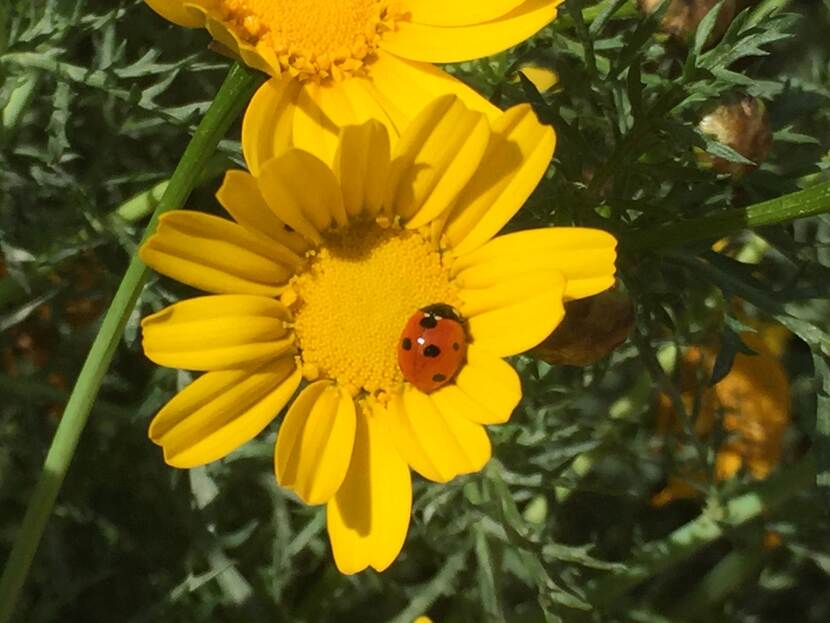
The journey towards nature-inclusive agriculture
In the past decades, intensive agriculture has steadily given more way to sustainable approaches and methods. Since the nineteen seventies, both organic and integrated agricultural methods have been used as an alternative to intensive, chemical-based farming in a structured manner. With organic farming rejecting the use of chemicals, and integrated agriculture limiting it to cases where other environment friendly methods prove inefficient, both are instrumental in the birth of nature-inclusive agriculture.
Since the early nineties, both types of agriculture have been the object of normative regulation, within the framework of European legislation. Normative regulation started in 1991 for organic farming and in 1992 for integrated agriculture. Nine years before the introduction of the EU regulation 2019/1009, the first normative definition of biostimulants came into force.
Since 2014, Italy has adopted National Action Plans for the Sustainable Use of Plant Protection Products for integrated agriculture. These plans are further regulated at a regional level. This means that farming processes are subjected to compulsory and voluntary Guidelines for Integrated Production which can then be certified through the National Quality System of Integrated Production (as well as through private certifications).
Local and global changes and challenges facilitate a faster shift towards more sustainable farming methods. Among them are the obligation to reduce the use of pesticides, impoverished soil caused by decennia of intensive agriculture, international crises affecting raw material prices and chemical fertilizers, and the increasing frequency of extreme climate events in previously unaffected areas. As a result, organic farming now takes up to 17.5% of the total of utilized agricultural areas, making it well feasible to reach the Farm to Fork goal of 25% of organic agricultural production by 2030.

Embracing digital solutions
Recognizing the importance of both environmental protection and food production efficiency, Italy has embraced digital solutions to optimize agricultural practices while containing costs. More than half of Italian farms have already adopted one or more digital solutions, such as cloud computing, QR codes, and transport monitoring apps. This investment in digital agriculture amounted to 2.1 billion euros in 2021, marking a fivefold increase compared to five years prior. Start-ups, comprising 20% of all Italian start-ups, have emerged as key players in the development of innovative technologies for agriculture. Collaborating with universities and research institutes, these companies offer a wide range of high-tech solutions.
- For instance, Elasian, founded in 2016, utilizes AI (artificial intelligence) to optimize land treatment, irrigation, and fertilization, resulting in resource savings of up to 30% and improved crop quality.
- Wallfarm has developed a fully automated control unit called LIA (Lean Intelligent Agriculture) for hydroponic systems. LIA analyzes various factors and conditions to calibrate the perfect water and nutrient solution for each crop, allowing for water savings of up to 90% compared to conventional agriculture.
- Neoruralehub, located near Pavia, focuses on implementing innovative technologies in agricultural suburbs to provide sustainable and healthy food while creating a biodiverse ecosystem. Their solutions include the creation of natural areas alongside agricultural lands to promote biodiversity, the use of sensors carried by drones or satellites for data collection and crop monitoring, and the extraction of thermal value from agricultural waters for energy production.
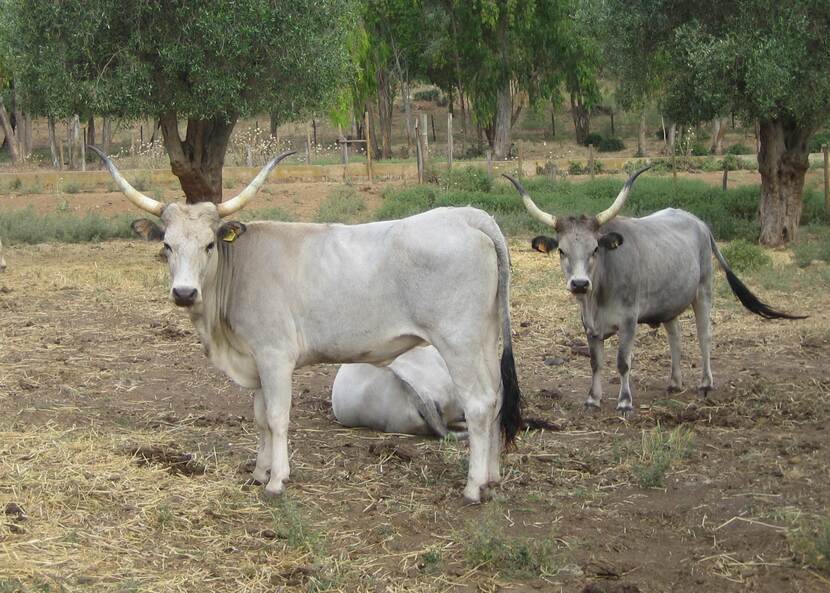
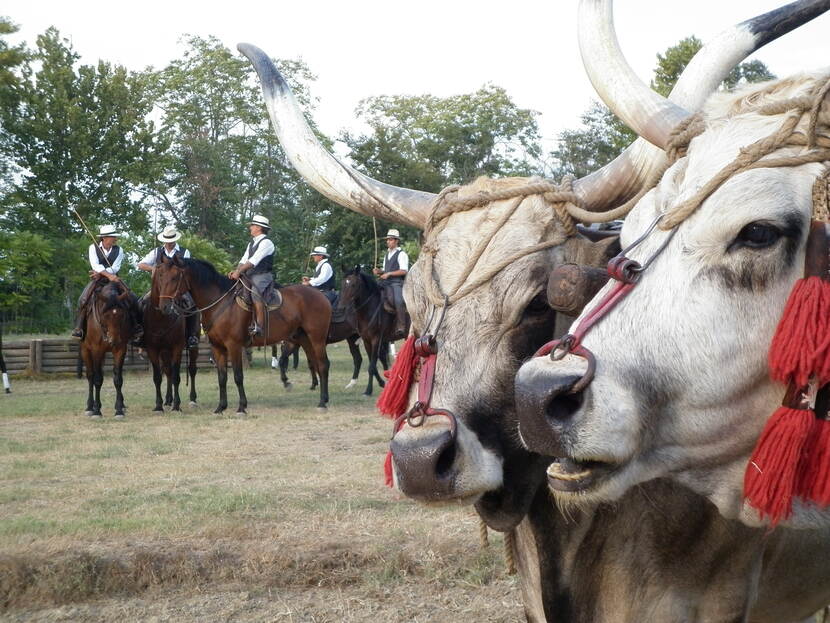
Forward-thinking initiatives combine traditional farming with high-tech solutions
The concept of going sustainable has permeated companies of all sizes, as they recognize the importance of adopting nature-inclusive approaches, either by integrating it from the start or transitioning from decades of intensive farming. These forward-thinking initiatives often combine traditional farming practices with high-tech solutions. Let's explore some noteworthy examples:
- In the Maremma region, ancient cattle breeds known as Maremma cattle freely graze across pastures, fields, and forests, contributing to the nourishment of grasslands and Mediterranean maquis. This approach supports low environmental impact breeding methods and is also extended to pig farming with breeds like Cinta Senese.
- Persea, a pioneering project, aims to cultivate the first Italian organic and sustainable avocados by 2025. The project involves converting 120 hectares of land in Sardinia and Calabria, previously dedicated to corn and cereal monocultures, into forests, wetlands, and natural habitats. This reforestation effort aims to restore soil richness, increase biodiversity, and eliminate the use of pesticides. Precision agriculture tools will be employed to optimize cultivation and resource utilization.
- Mulino Bianco, the bakery and snacks line of the Barilla Group, has embarked on a sustainability journey with its Carta del Mulino initiative. This initiative, developed in collaboration with universities, research institutes, OpenFields, and WWF Italy, focuses on improving product quality while supporting farmers, the environment, and biodiversity. Through the adoption of a comprehensive set of guidelines, Mulino Bianco promotes a holistic approach to sustainable farming that includes crop rotation, reduced chemical use, and the allocation of at least 3% of agricultural areas for chemical-free flower cultivation, enhancing animal, insect, and plant biodiversity. This initiative has garnered support from over 2.600 farmers, and it aims to extend its model to other supply chains committed to sustainability, digitalization, and traceability. It goes hand in hand with the ‘Bee Mill’ Project: a total of 300 ‘Bee Mills’ (beehives) has been placed near the soft wheat fields providing a safe place for wild bees, butterflies and other insects to reproduce and feed.
In embracing a nature inclusive approach in agriculture, the Netherlands can draw inspiration from some of the practices which take place in Italy, tapping into its rich history of traditional farming. The traditional farming techniques, the agroecological approach (e.g. crop rotation, mixed cropping, organic farming, agroforestry), and the integration of natural elements into agricultural landscapes, prioritizing biodiversity and soil health while minimizing the use of chemicals, can be explored to be incorporated into Dutch farming systems to enhance sustainability, biodiversity and ecological balance. Also, the strong and consolidated tradition in agrotourism and local markets, where consumers connect directly with farmers, and the consumption of locally produced organic food is promoted, can be encouraged in the Netherlands to enhance the appreciation for local agricultural products, support small-scale farmers, and foster a sense of stewardship for the natural environment.
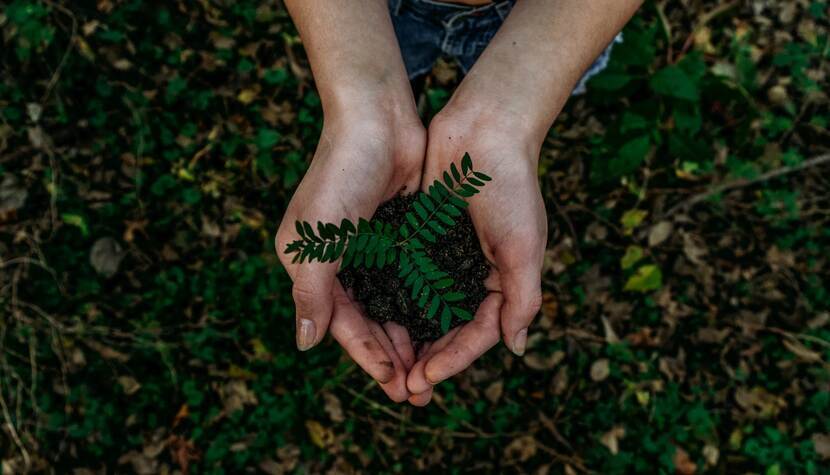
Inspirational examples for the Netherlands
In embracing a nature inclusive approach in agriculture, the Netherlands can draw inspiration from some of the practices which take place in Italy, tapping into its rich history of traditional farming. The traditional farming techniques, the agroecological approach (e.g. crop rotation, mixed cropping, organic farming, agroforestry), and the integration of natural elements into agricultural landscapes, prioritizing biodiversity and soil health while minimizing the use of chemicals, can be explored to be incorporated into Dutch farming systems to enhance sustainability, biodiversity and ecological balance. Also, the strong and consolidated tradition in agrotourism and local markets, where consumers connect directly with farmers, and the consumption of locally produced organic food is promoted, can be encouraged in the Netherlands to enhance the appreciation for local agricultural products, support small-scale farmers, and foster a sense of stewardship for the natural environment.
‘Italy's dedication to preserving biodiversity and implementing sustainable agriculture showcases the transformative power of sustainable farming’
Ensuring a healthier planet for generations to come
Italy's dedication to preserving biodiversity and implementing sustainable agriculture can serve as an inspiring model for the rest of the world. By integrating nature-inclusive practices, leveraging digital technologies, and fostering collaboration among stakeholders, the country demonstrates the transformative power of sustainable farming in preserving biodiversity, protecting the environment, and ensuring a resilient food production system.
The preservation of biodiversity and the adoption of nature-inclusive practices in food production are not just isolated endeavors. They are essential components of a larger movement towards a more sustainable and responsible approach to feeding the world's growing population. By recognizing the importance of biodiversity, embracing digital solutions, and fostering collaboration, Italy showcases the potential for a future in which agriculture and nature coexist in harmony, ensuring a healthier planet for generations to come.
Contact
Would you like to know more about the current developments in the domain of agriculture and nature in Italy or contact the agricultural team at the Netherlands Embassy in Rome? You can visit the country page of Italy at the website agroberichtenbuitenland.nl of the Netherlands ministry of Agriculture, Nature and Food Quality. You can also send an email to ROM-lnv@minbuza.nl
This article is part of the latest edition of e-magazine Agrospecial (June 2023) about nature-inclusive farming. The teams of our Netherlands Agricultural Network showcase nature-inclusive practices and initiatives in 36 countries worldwide. They delve into the development, benefits and challenges of this innovative farming approach. Each team has a different story to tell. Click here to read more about insights into the potential of nature-inclusive farming practices worldwide!